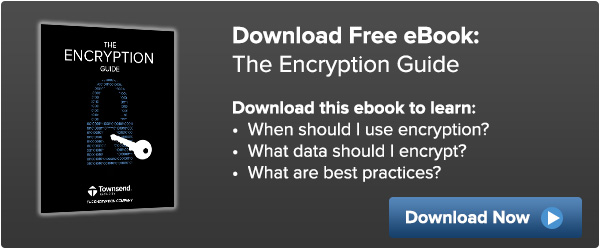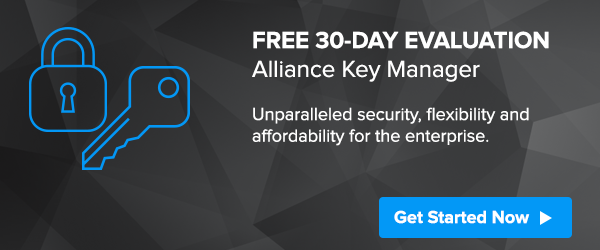Business continuity and resilience is at the heart of the value proposition MSPs provide to their customers. That means that the key management server (KMS) system at the center of VMware encryption must be able to provide real time recovery along with your service strategy. There are several components to a good high availability (HA) strategy, and these vary from one KMS solution to another. Here is how our Alliance Key Manager integrates with VMware to achieve high availability:
KMS Real Time Mirroring
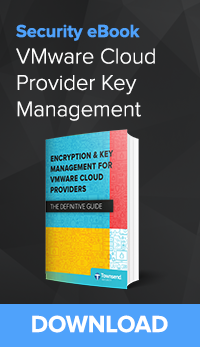 Alliance Key Manager implements real-time, active-active key mirroring between a production and one or more high availability key servers. When VMware creates a new key on the KMS for an encrypted VM, that key is immediately mirrored by Alliance Key Manager to a high availability key server. Mirroring is done in real time so that you always have a KMS ready to take over. All transmission of encryption keys is performed over a TLS encrypted connection with mutual authentication, and you have the option to deploy a failover key server in a different vCenter environment.
Alliance Key Manager implements real-time, active-active key mirroring between a production and one or more high availability key servers. When VMware creates a new key on the KMS for an encrypted VM, that key is immediately mirrored by Alliance Key Manager to a high availability key server. Mirroring is done in real time so that you always have a KMS ready to take over. All transmission of encryption keys is performed over a TLS encrypted connection with mutual authentication, and you have the option to deploy a failover key server in a different vCenter environment.
vSphere KMS Cluster Configuration and Automatic KMS Failover
The purpose of the vSphere module called KMS Cluster is to define your key managers to VMware and to establish trust between vSphere and the key server. A KMS cluster is a list of key servers along with connection and credential information. Normally you would define two key servers in a KMS Cluster – one key server for production use and one key server for failover use. By default, the first entry in the KMS Cluster is the production key server, and failover key servers follow in the order that vSphere will use them. vSphere automatically connects to a failover key server in the event it cannot communicate with the production key server.
You are not limited to one KMS Cluster configuration. If you want to deploy a dedicated key manager for a particular customer you can create a new KMS Cluster configuration and define the dedicated key servers in this new configuration.
KMS Backup, Scheduled and On Demand
It is always a good idea to have a backup of your critical applications. Alliance Key Manager lets you define a schedule for automatic, secure backups. The backup server, usually a Linux instance running sFTP, can be located offsite.
Of course, you can always perform a manual backup on demand. This manual backup can go to a local directory on the key server and be downloaded by the administrator for secure offsite storage.
MSP Backup
Most MSPs offer a backup service to their end customers. Since Alliance Key Manager is a normal VMware virtual machine you can use your current backup strategy to back up the key server, too.
Disaster Recovery as a Service (DRaaS)
If you offer your customers a DRaaS service you can also offer them key management through the Townsend Security MSP partner program. You can deploy a key manager on the customer’s premises and mirror keys to your DRaaS service at your hosting site.
VMware Monitoring
Lastly, we can’t forget that VMware offers a rich set of tools to monitor the health of VMs. You can use those tools to monitor the health of Alliance Key Manager, too. Your MSP license agreement allows you to install VMware Tools on the key manager server.
In summary there are a number of layers of high availability built into the deployment of Alliance Key Manager. This will give you and your end customer a high level of confidence in the resilience of your encryption offering.
[For More Reading]
Part 1: Why Do MSP Customers Want Encryption of Their VMs and vSAN?
Part 2: What Has VMware Done to Help with Encryption Security
Part 3: What are the Biggest Obstacles to Offering VMware Encryption to Customers
Part 4: How Does Townsend Security Help and MSP Overcome the KMS Challenge?
Part 5: KMS for Multiple vCenter Clusters and Nodes
Part 6: As an MSP, How Do I Ensure High Availability (HA) for Encrypted VMs?
Part 7: How Can an MSP Use Encryption Security to Improve Revenues and Profitability?
Part 8: Some Common Questions and How to Get Started with the Townsend Security MSP Partner Program

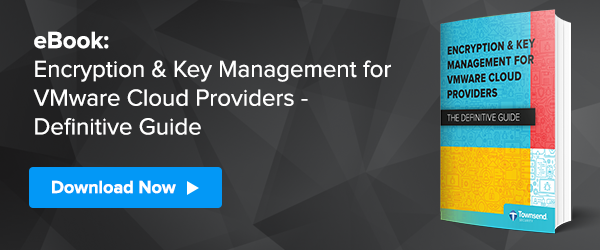
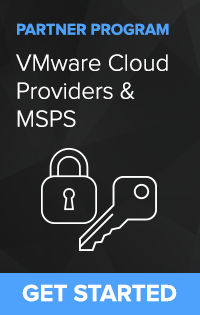
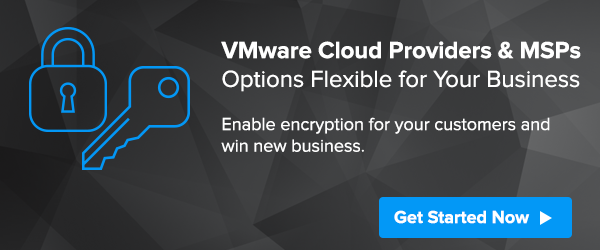
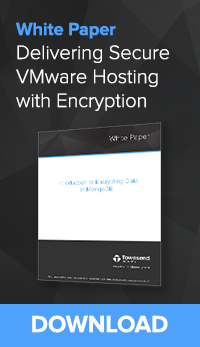
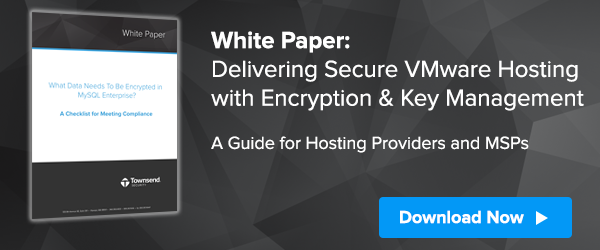
 Technology workers (programmers, project managers, customer support staff, pre-sales engineers, etc.) are generally pretty comfortable with remote work. This is the result of a multi-year trend driven by talent shortages, distributed organizations, and out-sourcing. However, traditional finance and administrative workers tend to be more office-centric. They are rapidly adjusting to working at home and figuring out how to balance work in a home environment. Kids in your space? Yup, it’s a big adjustment for everyone when you suddenly move from office to home.
Technology workers (programmers, project managers, customer support staff, pre-sales engineers, etc.) are generally pretty comfortable with remote work. This is the result of a multi-year trend driven by talent shortages, distributed organizations, and out-sourcing. However, traditional finance and administrative workers tend to be more office-centric. They are rapidly adjusting to working at home and figuring out how to balance work in a home environment. Kids in your space? Yup, it’s a big adjustment for everyone when you suddenly move from office to home.